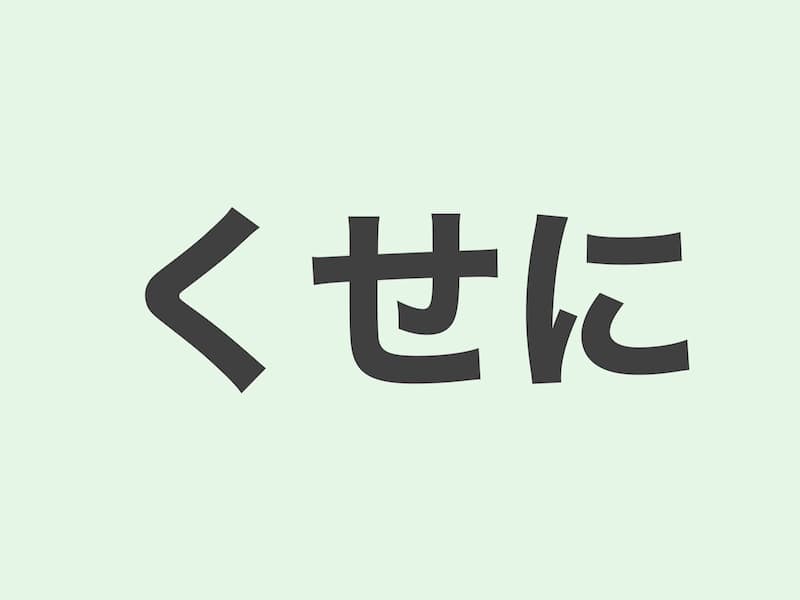説明 (Explanation)
文法(Grammar):普通形+くせに・名詞のくせに・(な形容詞)なくせに
意味 (Meaning):期待や予想とは逆に、ある事態や条件が現れた際に、がっかり感や不満を表す表現。
英語(English):Contrary to expectations or predictions, expressing a sense of disappointment or dissatisfaction when a situation or condition turns out differently.
JLPT Textbook Recommendations
例文 (Examples)
- 彼は優れた才能を持っているくせに、いつも遅刻する。
- 頭がいいくせに、勉強しないからいつも点数が悪い。
- 元気なくせに、病気のふりをしている。
- 子供のくせに、生意気だ。
ひらなが (Hiragana)
- かれはすぐれたさいのうをもっているくせに、いつもちこくする。
- あたまがいいくせに、べんきょうしないからいつもてんすうがわるい。
- げんきなくせに、びょうきのふりをしている。
- こどものくせに、なまいきだ。
英語翻訳 (English Translation)
- Despite having excellent talent, he is always late.
- Despite being smart, his grades are always poor because he doesn’t study.
- Despite being energetic, he pretends to be sick.
- Despite being a child, he is cheeky.





コメント